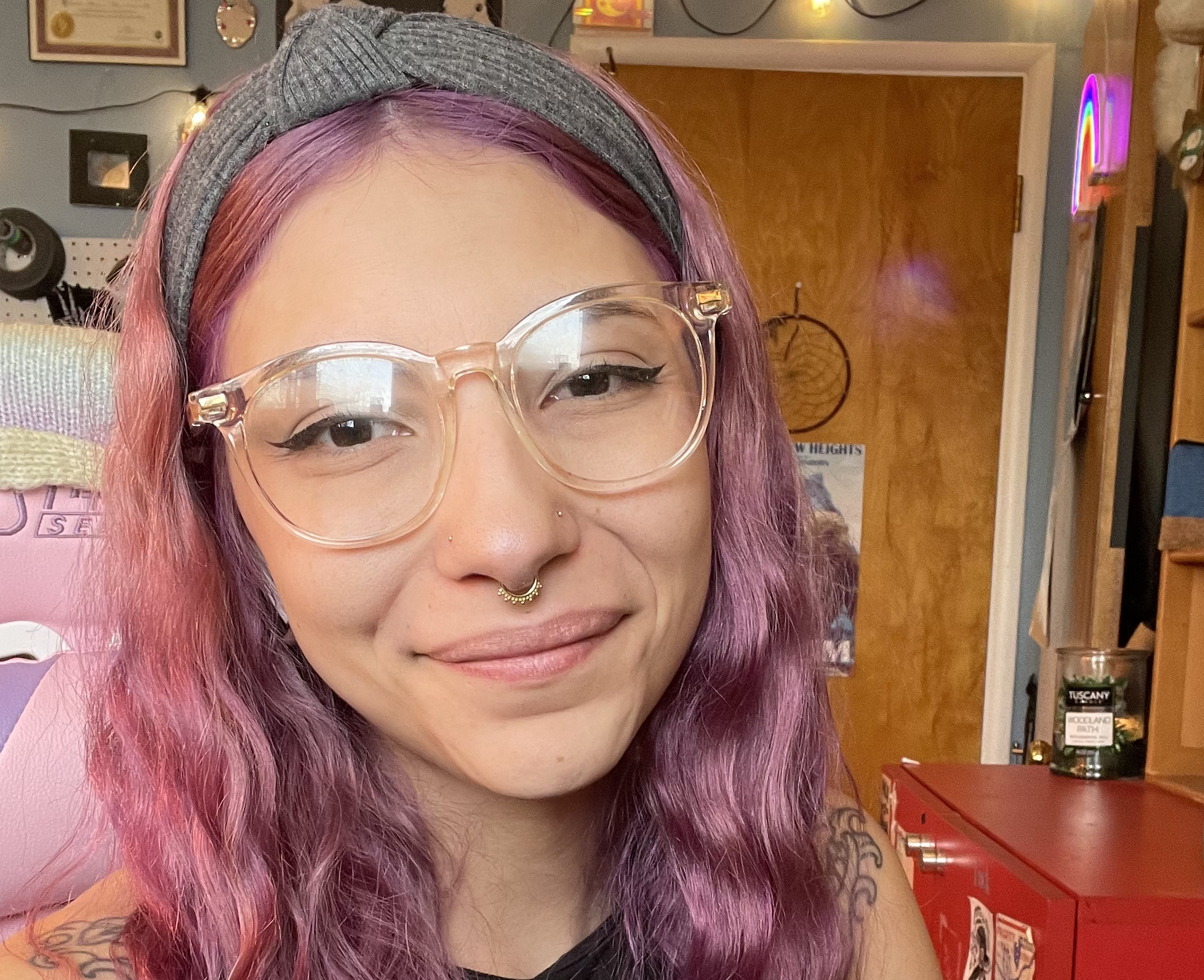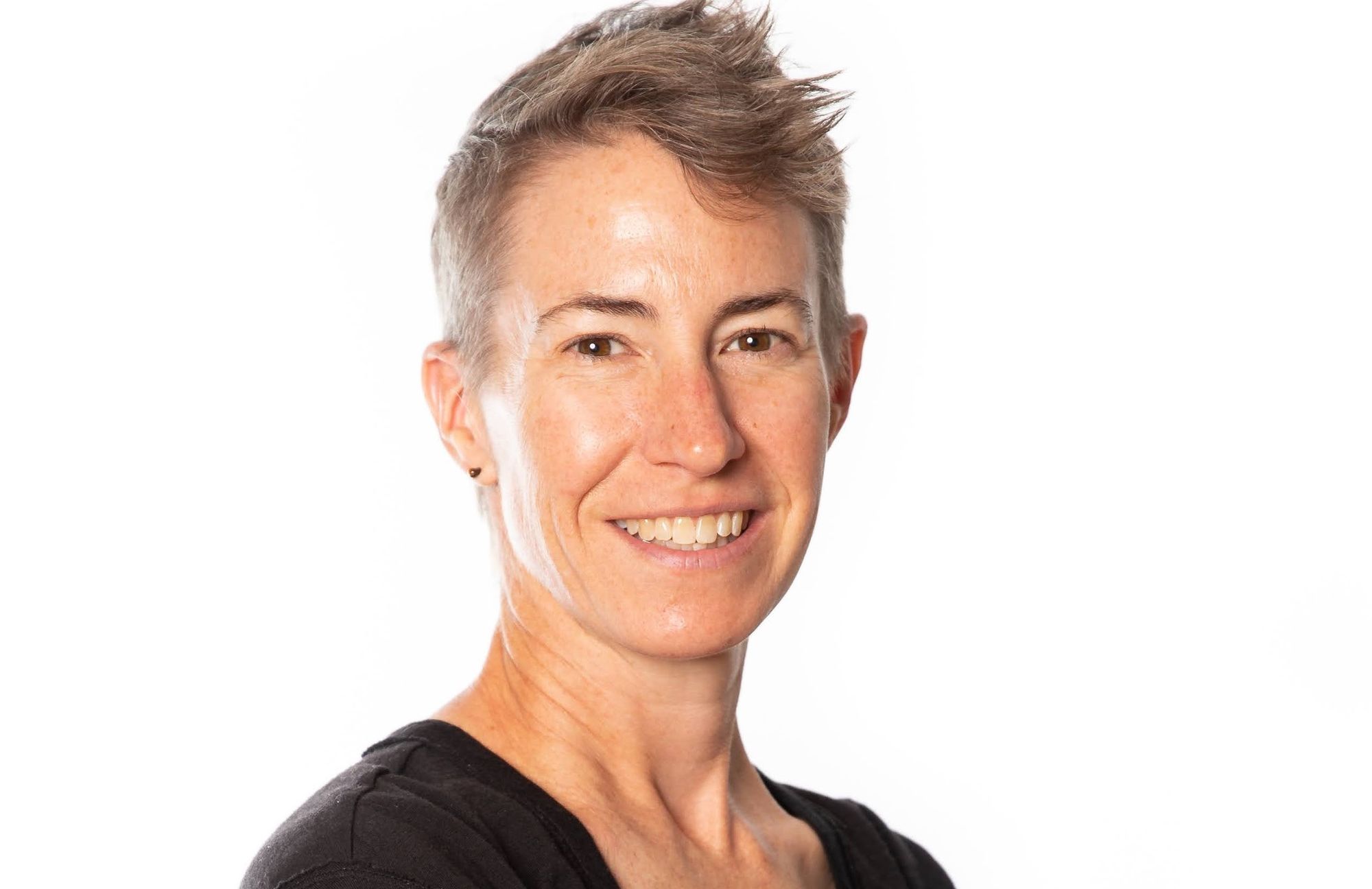Why We Just Increased Turing’s Scholarships by 400%

One of our primary goals at the Turing School is to contribute to the creation of a more equitable tech industry. We want to see more diversity and inclusion in tech and fewer of the biases that have shaped the industry so far. To achieve that dream, we need to help more programmers find their way into well-paying, satisfying tech jobs. And that means helping more students from non-traditional backgrounds learn to code. To that end, we just made major increases to the scholarships we offer—the fewer barriers there are between future coders and their dream, the better.
Of course, rising costs are a big concern for people across tax brackets, industries and geographic locations. And with the debut of our new Launch program, we recognize that career-starters have had less time and financial opportunity to save for a skill change—or may not have a college fund into which they can dip. That’s why we’ve raised the value of the scholarships we offer substantially.
Turing awards 18 scholarships a year. In the past, those Alumni, Diversity, Emergency and other scholarships consisted of $2000 funding grants. However, we wanted to increase the value of the scholarships we offer and refocus the categories around our goal to increase parity and equity in the tech industry.
Today, Turing’s scholarships include BIPOC Scholarships of $10,000 each for students from historically excluded and underrepresented communities. Those encouraged to apply for the BIPOC scholarship encompass anyone who identifies as a member of BIPOC communities including:
- Black and Afro-Latino
- Native American and Indigenous
- Hispanic, Latino and Chicano
- Asian and Asian-American
We now offer also nine Inclusion Scholarships of $10,000 each for students who have financial need, are of a background typically underrepresented in tech, and have the desire to create change in the industry. Those encouraged to apply for the Inclusion Scholarships include:
- Candidates with disabilities
- First-generation degree earners
- Low-income applications
- LGBTQIA+ candidates
- Members of diverse religious faiths
- Veterans
While the amount awarded may have changed, scholarships have always been part of the Turing experience. Our code school tuition is less expensive than that at a four-year college or graduate school, but nevertheless it requires an investment of time and money. For those transitioning from lower-paying careers or trying to get their start after high school or a GED program, that investment is one of the first significant barriers to a promising career. Scholarships are one door we can open for promising future coders.

“There is an emotional component to the fact that Turing had the Diversity Scholarship available,” said Ali Schlereth, a former teacher who now works as a software engineer at Stripe. “For me personally, it helped affirm that we should be there and that Turing wanted us there. [This scholarship] was one more way that Turing was making it clear that I was wanted."
Turing alum Cyanne Jones worked at the Denver Art Museum for years in fulfilling but lower-paying roles before pivoting to coding. She planned on using a combination of student loans and retirement funds saved during the first decade of her career to cover the cost of code school.

“I was born in Denver [and was] teetering on poverty for most of my childhood. College was out of the question as I needed to begin supporting myself as soon as I could,” said Jones, who now works as a full-stack engineer for Resilia, a tech platform serving nonprofit organizations.
When she was awarded the $3,000 Colorado Technology Association Judi Newman Technology Scholarship, however, it enabled Jones to lower the principal on those loans and graduate with less debt. It also led to her attendance at the CTA Women in Technology conference, where she made crucial network connections that led to her job at Resilia.

Mary Beth Burch, another recipient who was granted the $4,000 Women of Turing Scholarship, wanted to have a baby with her wife. Like Schlereth, the couple were unsure how they could make their dreams come true on a pair of teachers’ salaries. Burch decided to enroll in code school for the sake of their growing family.
“We made it through Turing on my wife’s teaching salary as well as a bunch of support from my family,” explained Burch, who now works at Sendwave as a software engineer.
“Having the scholarship relieved some of the burden and helped us do this. I’m in a place now where my job helps my family feel secure," said Burch. "I have a pretty good balance of work and life, and I love having a job that doesn’t feel all-consuming, but is super interesting and keeps me learning and growing.”
Want to learn more about how you can apply for a Turing scholarship and offset some of the costs associated with investing in a tech career? We have all the details about who is eligible as well as required application materials— including a research product and video statement—on the Turing site.
Get details on Turing’s code school scholarships and how to apply here. Want to take a closer look at how code school can transform your career? Sign up for a quick online Try Coding session.

